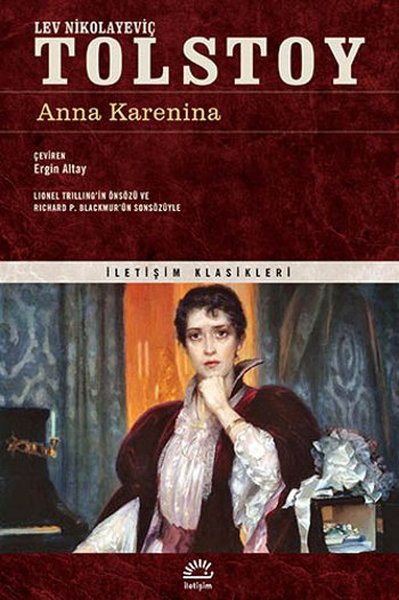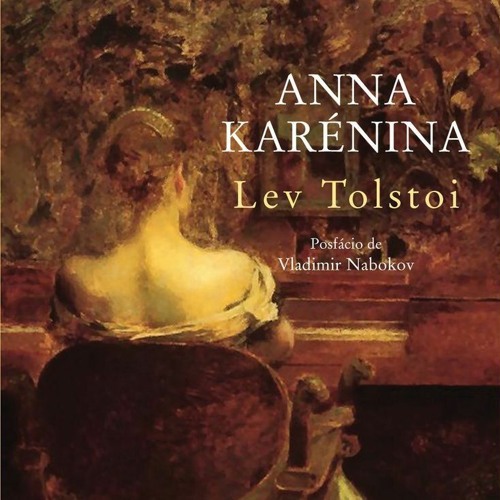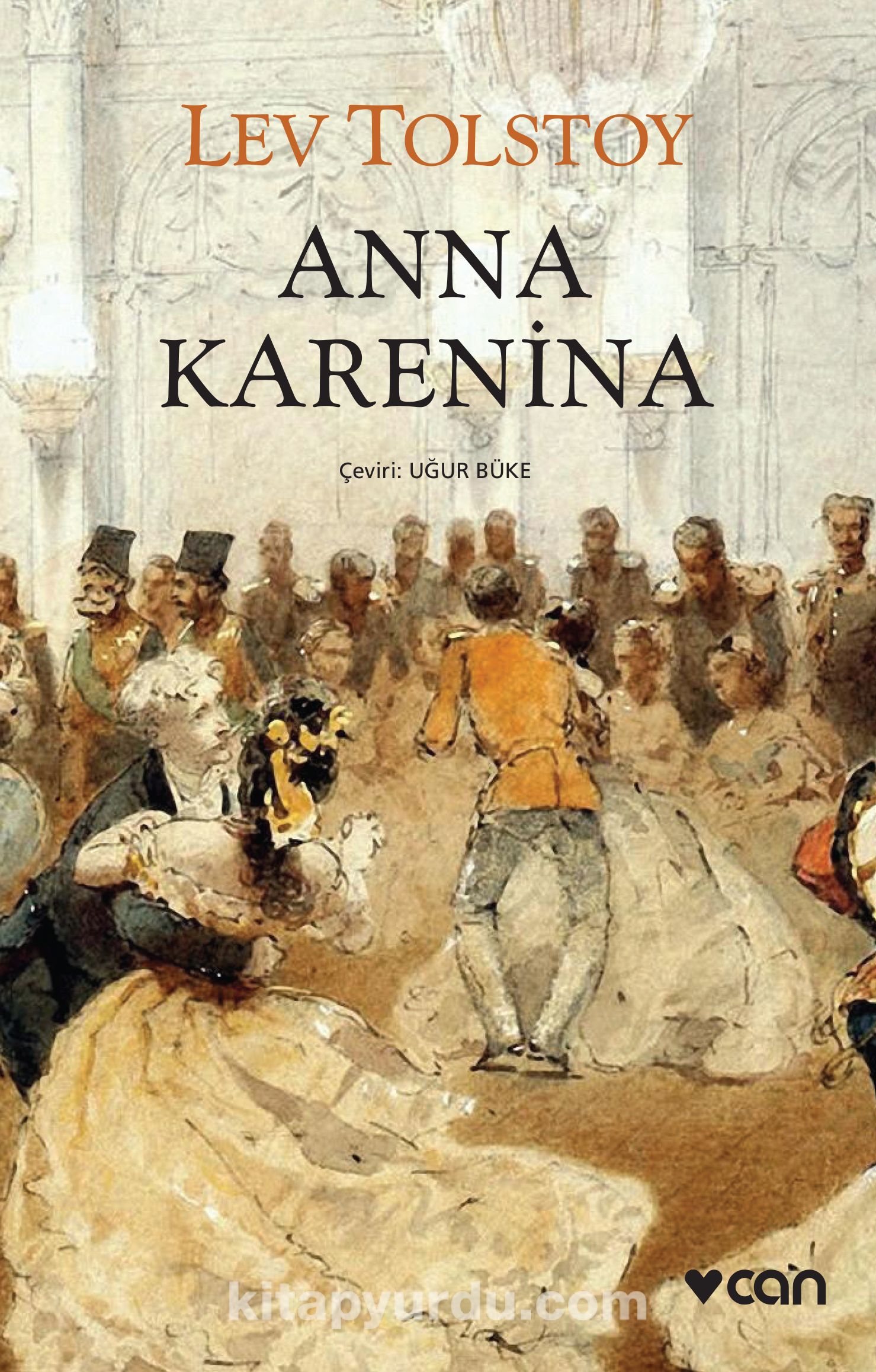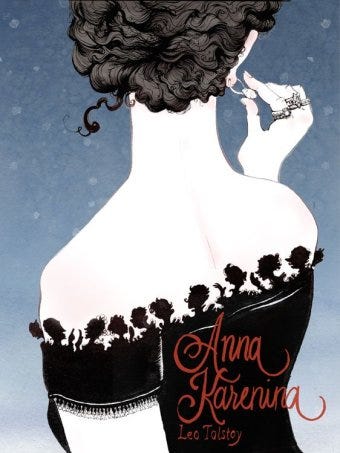Novel Analysis for Anna Karenina - Leo Tolstoy
69

"Anna Karenina" by Leo Tolstoy is a classic novel that delves into the complexities of love, morality, and societal expectations.
Here's an analysis of key aspects of the novel:
Exploration of Love and Morality:
- At its core, "Anna Karenina" is a profound exploration of the nature of love and the consequences of defying societal norms.
- The novel contrasts the passionate, illicit love affair between Anna and Count Vronsky with the more conventional relationships in the story, such as the marriage between Kitty and Levin.

Characterization:
- Tolstoy presents a diverse cast of characters, each representing different facets of Russian society.
- Anna, the protagonist, is a complex character whose internal struggles with societal expectations, love, and morality drive the narrative forward.
Social Critique:
- The novel serves as a critique of the rigid social structure and moral codes of 19th-century Russian aristocracy.
- Tolstoy examines the hypocrisy of societal judgments and the harsh consequences for those who deviate from established norms.

Symbolism and Irony:
- Tolstoy employs symbolism, such as the train motif, to represent the inexorable force of destiny and the consequences of one's choices.
- Irony is present throughout the narrative, highlighting the disparity between societal expectations and the characters' true desires.

Parallel Storylines:
- The novel features parallel storylines, including the tumultuous love affair between Anna and Vronsky and the more conventional courtship and marriage of Kitty and Levin.
- These parallel narratives provide a broader perspective on love, relationships, and societal expectations.
Existential Themes:
- Like many of Tolstoy's works, "Anna Karenina" explores existential themes, with characters grappling with the meaning of life, the pursuit of happiness, and the consequences of their actions.

Farm Life and Agricultural Themes:
- Levin's storyline, which involves his experiences with farming and rural life, provides a counterpoint to the urban drama of Anna's life.
- This subplot allows Tolstoy to explore themes of nature, work, and the search for meaning outside of societal conventions.

Tragedy and Redemption:
- The novel unfolds as a tragedy, with Anna's descent into despair and tragedy being a central element.
- Levin's search for meaning and redemption in his personal life and work offers a contrasting perspective on the human experience.

Narrative Technique:
- Tolstoy uses a third-person omniscient narrator, providing insights into the thoughts and motivations of multiple characters.
- The narrative technique allows for a comprehensive exploration of the characters' inner lives and societal dynamics.
"Anna Karenina" remains a timeless masterpiece that continues to captivate readers with its exploration of human relationships, societal norms, and the consequences of individual choices. Tolstoy's keen observations and profound insights into the human condition make this novel a classic in world literature.
I highly recommend you to listen ''Anna Karenina'' audiobook for those who don't have time to read;
Leo Tolstoy's ''Anna Karenina'' Audiobook Series;
References;
- McCrum, Robert (4 March 2007). "Can I make up my own mind?". TheGuardian.com. Retrieved 14 October 2018. The answers to this survey, [What are the 10 Greatest Works of Literature of All Time?], supply the meat of [The Top Ten: Writers Pick Their Favourite Books], in which Anna Karenina emerges as the All Time Number One Work of Literature.
- Tolstoy, Leo (2023). "First Recollections". New England Review. 44 (2): 180–182. ISSN 2161-9131.
- Tolstoy, Leo (2012). The Anna Karenina Companion: Includes Complete Text, Study Guide, Biography and Character Index.
- Ruth Benson. Women in Tolstoy. University of Illinois Press. p. 75.
- GradeSaver. "Anna Karenina Themes". gradesaver.com.
Thank you for reading!
You can complete great comment tasks at here. #leotolstoy #annakarenina #book #bookreview #audiobook #culture #reading #writer



















![[LIVE] Engage2Earn: $AUSPOL on the memecoin shill-dar](https://cdn.bulbapp.io/frontend/images/d8e380ef-23df-4ddc-8e19-28c3be2bece6/1)


































